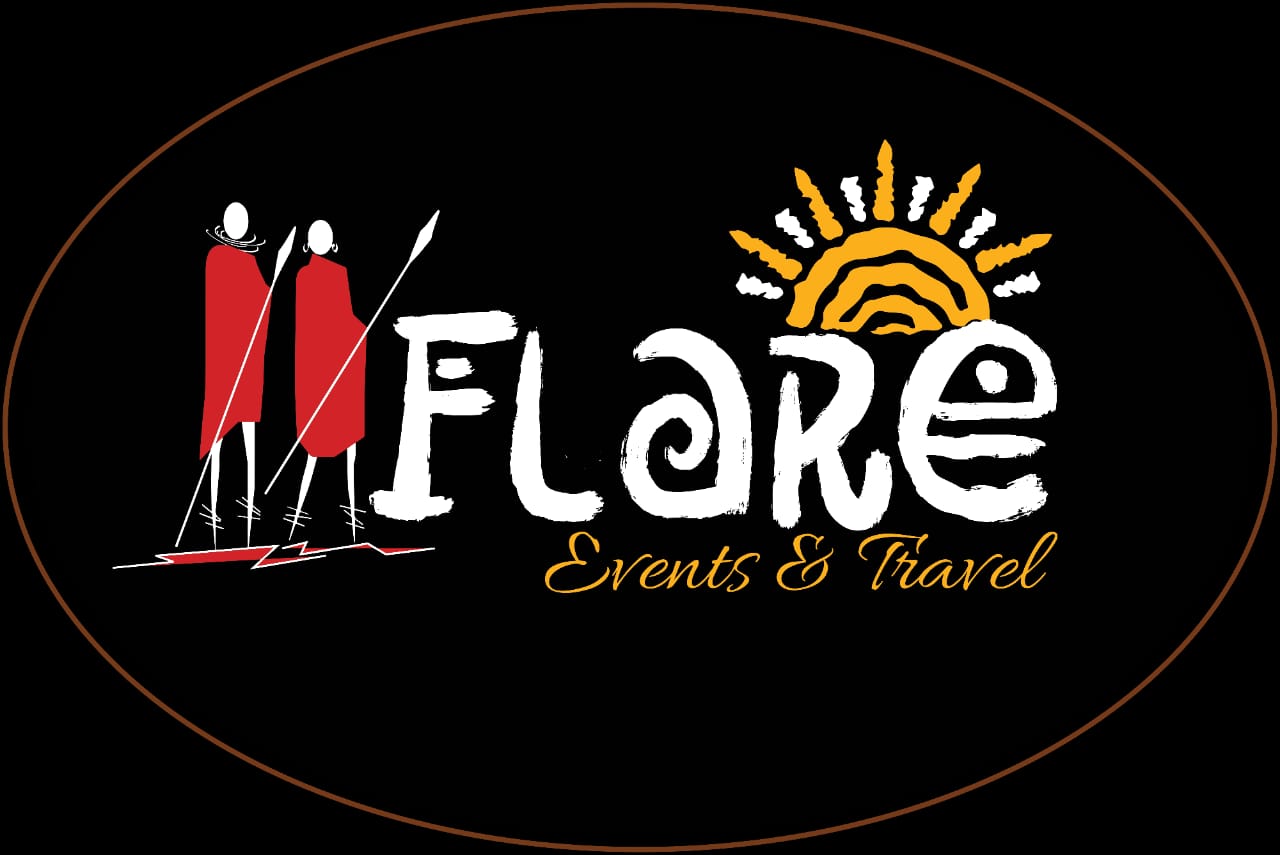Content
Similarly, in animals naive to illicit substances, a large range of stressors increases the proclivity toward drug self-administration . Initial work on the pathophysiology of this phenomenon indicated that stress-induced or stress-enhanced drug self-administration is mediated by corticosterone . After adjustments for mental disorders and demographics, “any traumatic event” increased the RR and HR of a new AUD and any substance use disorder . In HR estimates, bidirectional associations were found between “Ever committed or witnessed violence” and “Ever beaten up by spouse…” and AUD, DUD and SUD.

And the type of people who develop PTSD are also more prone to alcohol abuse. One reason why many people allow their co-occurring disorder to be left untreated for so long is that they didn’t realize they had one to begin with. To make sure this doesn’t happen to you, you PTSD and Alcohol Abuse need to check to see if your alcohol addiction is really a co-occurring disorder. Co-occurring disorder, it’s best to treat both the substance use disorder and the mental illness simultaneously. Prescription for anxiety or depression without addressing the real issues.
PTSD and Problems with Alcohol Use
Atchison collected the data in the study of 200 motor accident victims. Bookless assisted in the collection of the data on the 143 psychiatric inpatients. Across this large cohort of multiple, mostly minor, injury types, long-term opioid use was relatively uncommon, but almost all patients with chronic use post injury had preinjury opioid use.
The Roberto and Zorrilla labs plan to conduct additional research into the mechanisms behind the biological changes they observed and test which brain systems can be targeted to treat both PTSD and alcohol abuse. Drinking as a coping mechanism is a form of avoidance, and this can mean that you only prolong your symptoms. Most people with PTSD have an urge to avoid any memories or flashbacks of the trauma. Alcohol use also causes its own problem, related to both mental and physical health. These, in turn, may contribute to worsening symptoms in a counterproductive cycle. GABA is a neurotransmitter, or brain chemical, that reduces neuron activity and has a calming effect. Acceptance of your actions and feelings following a traumatic event.
Symptoms of PTSD and Alcohol Use Disorder Differ by Gender.
Medication is available to assist with PTSD symptoms that can cause setbacks like intrusive nightmares. A team of professionals at The Recovery Village can assist in designing a comprehensive treatment plan to suit someone’s specific disorders. Individuals who don’t have health insurance can still seek treatment. There are many low-cost and even no-cost drug and alcohol treatment centers that also treat co-occurring disorders. There may be a wait to get into these types of treatment programs, but waiting is far better than not getting the help they need.
- Many people with PTSD use drugs or alcohol as a means to numb feelings and reduce symptoms.
- Conversely, risk for who later develops a diagnosis, given exposure, may be different as well.
- Evidence of noradrenergic dysregulation in both PTSD and in withdrawal from CNS depressants has prompted the use of the α2-adrenoceptor agonist clonidine in both disorders .
- These anxiogenic effects of CRH are reversed by administration of CRH antagonists .
- Individuals who suffer from PTSD may experience a drop in the levels of some of these brain chemicals as a result of the disorder, and drugs or alcohol may increase these chemical messengers temporarily, providing relief.
For instance, Psych Central reports that connections between certain brain regions, like the prefrontal cortex and the amygdala, may be weaker in someone with an anxiety disorder, making it more difficult for the person to regulate negative emotions. In the second pathway, PTSD precedes development of substance use disorders. Patients report that CNS depressants, such as alcohol, cannabis, opioids, and benzodiazepines acutely improve PTSD symptoms . Consistent with this, patients with PTSD report that onset and severity of substance abuse parallel the onset and escalation of PTSD symptoms . In addition, clinical evidence suggests that the choice of substances of abuse may stem from the particular constellation of PTSD symptoms that patients experience. For example, PTSD patients with alcohol dependence exhibit significantly more arousal symptoms that do PTSD patients with cocaine dependence . If exposure to a life-threatening event leads to long-term distress, or if your reaction to it becomes chronically and significantly disabling, you might have post-traumatic stress disorder .
HPA Axis in PTSD and Addiction
There are very effective programs that will address both issues and help you get on the path to recovery. Don’t put off getting a treatment, find a rehab center that offers programs for co-occurring disorders and get the help you need before it’s too late. PTSD is a diagnostic category describing the debilitating life symptoms a person can develop when exposed to traumatic life https://ecosoberhouse.com/ events. Traumatic events that trigger PTSD may include rape, natural disasters, physical and emotional abuse, and motor vehicle accidents. Those in the armed forces may also develop PTSD after serving in combat. Neurobiologic research indicates that high levels of CRH in the brain, particularly in the amygdala, may be common to both PTSD and to substance withdrawal states.

As leaders in behavioral healthcare, Bright Future Recovery is taking every measure to protect our staff and patients. Similarly, trauma issues should always be addressed concurrently in addiction recovery, given that the presence of trauma symptoms makes substance abuse much more likely.
